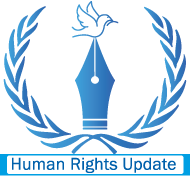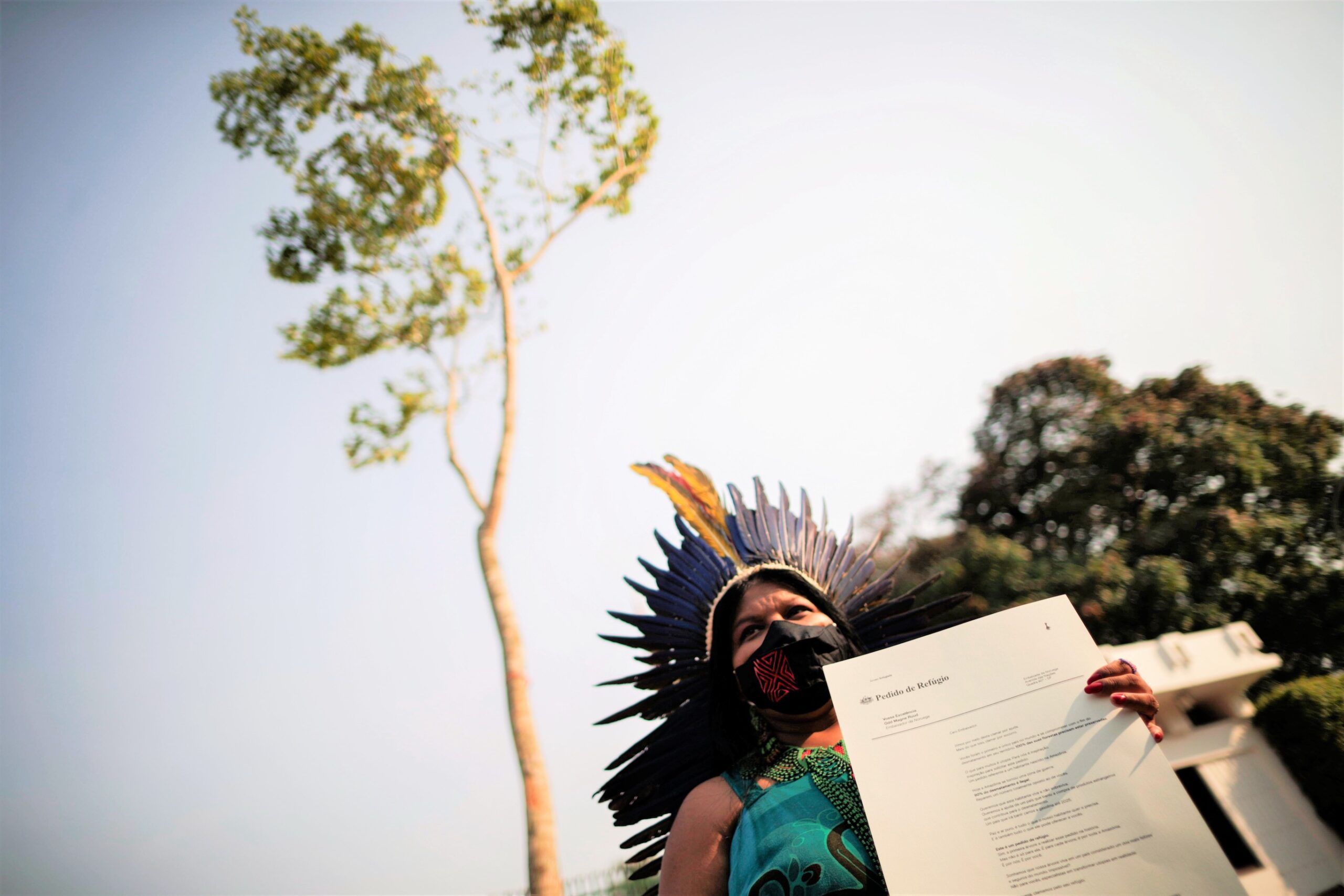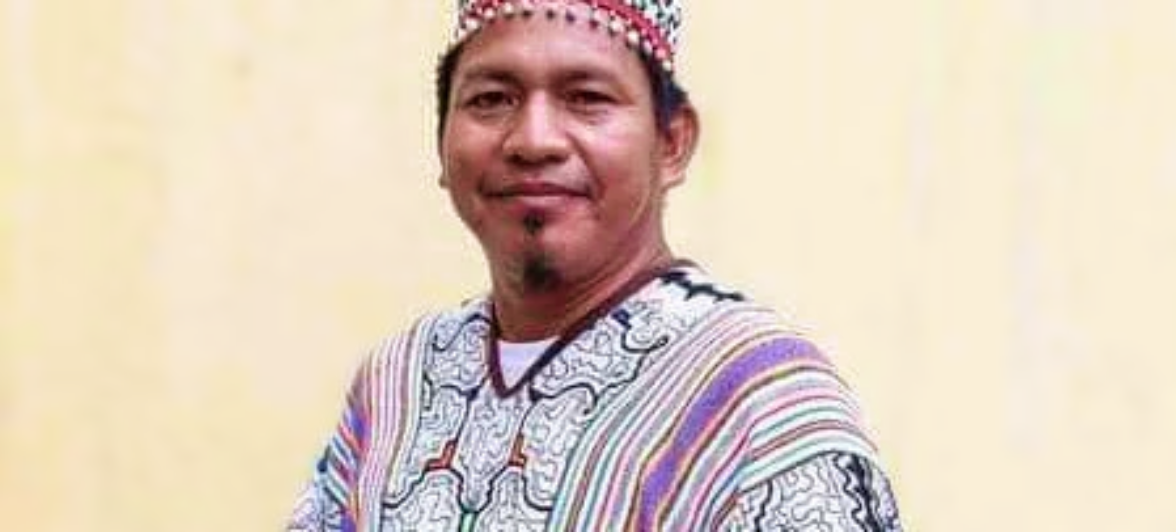Special Correspondent: In a move that has drawn significant criticism, senior Thai government officials, including the prime minister and foreign minister, avoided meeting with United Nations High Commissioner for Human Rights Volker Türk during his visit to Bangkok on June 5 and 6. This avoidance effectively downgraded Türk’s visit from an official mission to a mere “stopover,” contrasting sharply with his engagements in other regional countries such as Malaysia, where he met with top government leaders and publicly addressed human rights issues.
Human Rights Watch‘s Sunai Phasuk highlighted this avoidance in a report published yesterday, arguing that the Thai government’s actions reflect a broader reluctance to face international human rights scrutiny. The report underscores that merely avoiding Türk will not resolve Thailand’s deep-seated human rights problems, which continue to draw concern from UN member countries, particularly in the wake of Thailand’s Universal Periodic Review (UPR) by the UN Human Rights Council.
Since the onset of pro-democracy protests in July 2020, Thai courts have prosecuted at least 1,954 individuals, including 286 children, for exercising their rights to freedom of expression and peaceful assembly. This crackdown has been particularly severe concerning lèse-majesté laws, which penalize insulting the monarchy with up to 15 years in prison. The death of anti-monarchy activist Netiporn Sanesangkhom, who died following a hunger strike in pretrial detention, has drawn international condemnation and spotlighted Thailand’s harsh enforcement of these laws.
To date, over 270 people have faced lèse-majesté charges related to the democracy protests or their social media comments. Additionally, many have been prosecuted under vague computer-related crimes and sedition laws. Even former Prime Minister Thaksin Shinawatra faces lèse-majesté charges for remarks made in 2015.
Despite ongoing calls for reform, the ruling Pheu Thai Party and its coalition partners have opposed amnesty for those accused of lèse-majesté and resisted revisions to align the law with international human rights standards. In a recent controversial decision, Thailand’s Constitutional Court ruled that attempts by the opposition Move Forward Party to amend the lèse-majesté law amounted to treason, potentially leading to the party’s dissolution and political bans for its leaders.
As Thailand campaigns for a seat on the UN Human Rights Council for the 2025-2027 term, it faces mounting pressure to adhere to the council’s principles, which mandate the highest standards in promoting and protecting human rights and full cooperation with the UN human rights system. Critics argue that the Thai government must take tangible steps to address human rights issues rather than evading international scrutiny.
This recent episode raises significant questions about Thailand’s commitment to upholding human rights and could have implications for its international standing and aspirations within the UN framework.






